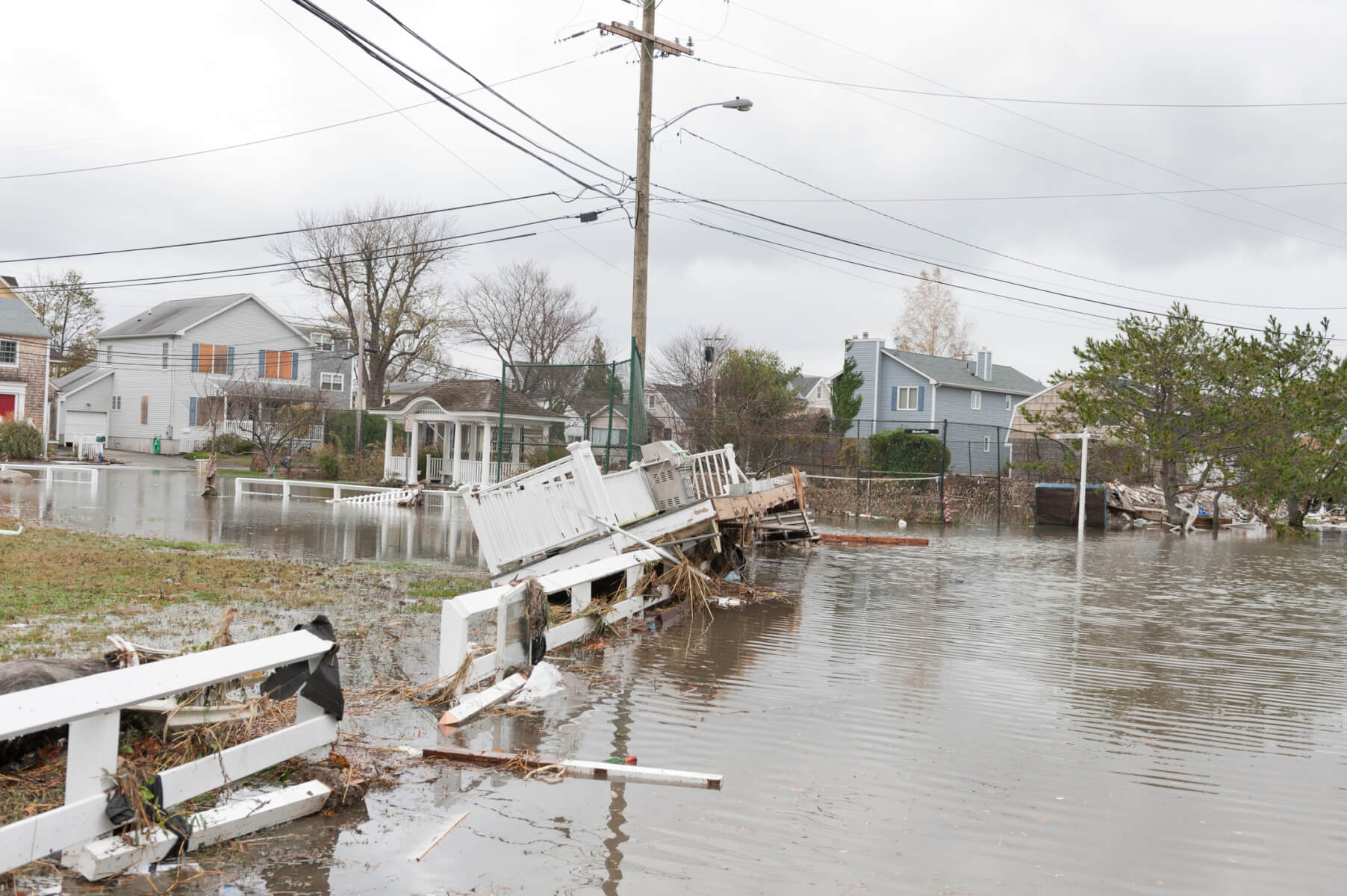Hurricane Harvey: How to Help

Coastal Texas is weathering a Category 4 hurricane, and many Americans are wondering how they can best offer help. Here are a few tips for how you can contribute to the immediate and ongoing needs of the communities affected by this disaster — and others.
Money, Not Supplies
There’s an emotional appeal to donating specific items to a disaster area, but for relief workers, sorting through a deluge of clothing, shampoo, and children’s books creates extra work at a time that their efforts are needed elsewhere. After all, once your boxes arrive, someone has to organize and store all that stuff, then figure out a good way to distribute it. Sending money to existing organizations, like the Red Cross or the Salvation Army, is more impactful and makes the best use of the professionals’ time. Those organizations have deep experience with disasters and know how to use your money wisely. Plus, you can add the money you would have spent on shipping to your monetary contribution! Lastly, check out Charity Navigator’s recommendations on smart giving in times of crisis.
In Person
Relief experts often caution against showing up to a disaster area to volunteer. If you aren’t part of an organized and professionalized effort, you and your group may be ill-equipped to help in an area with which you’re unfamiliar or where transportation may be difficult. But there are two great ways to help in person. Blood banks often experience shortages during and after disasters, so contact your local Red Cross to see if you can donate blood. Or you can organize a fundraiser in your local community for a relief organization that can quickly put your dollars to work.
Long-Term
FEMA runs the Community Emergency Response Team (CERT) program, which trains volunteers to prepare for disasters in their communities. CERT members learn how to safely respond in emergency situations and help organize basic disaster response. To become a trained volunteer, find a local CERT program near you.
For Harvey-specific ways to help, USA Today has some good tips, as does Newsweek.
